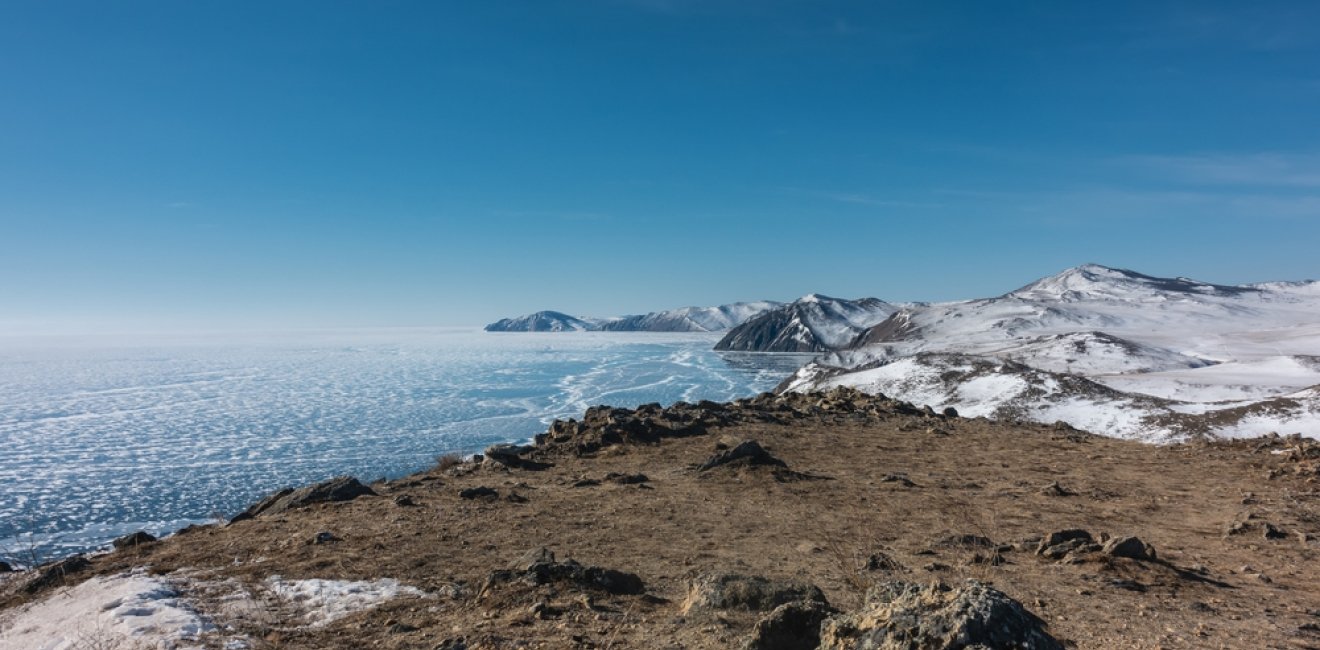
A blog of the Wilson Center

Siberia. The very name conjures up images of a frozen wasteland—and make no mistake, there’s lots of cold and ice in that region of Russia. But like everywhere else, shifts in climate and temperature extremes paint a more complicated picture.
As the Wilson Center’s Polar Institute has reported, the Arctic is warming about four times faster than the global average (Pincus, Maddox and Bloom, 2023), which isn’t a problem contained to the Arctic. For example, as the Greenland ice sheet—which covers roughly 80 percent of the island—continues to thaw, it will raise sea levels and potentially affect ocean currents.
And as permafrost in places like Siberia continues to warm and thaw, decomposing organic materials that have long been trapped in frozen layers may release millions of tons of greenhouse gases. As with the release of stored carbon gases caused by deforestation, melting permafrost is likely to worsen the overall problem.
The subject of a changing climate is sometimes confused by weather pattern fluctuations. Earlier this year, in the same Siberian region that experienced temperatures above 100° F in 2020, the World Meteorological Organization recorded some of the coldest temperatures there in at least twenty years. That stretch of bitterly cold weather isn’t enough to impact the larger warming trends, but it does point to the heart of a changing climate in these modern times: more extremes, less predictability, and dangerous impacts on the people, plants, and animals who live in the most affected regions.
Siberia hits record highs only to be followed a couple of years later with extreme lows: this is the new, jarring reality of climate change. As we work to mitigate underlying causes, we have no choice but to simultaneously work on resilience and adaptation.
This blog was completed with the assistance of Carlotta Murin.
Author

Explore More in Stubborn Things
Browse Stubborn Things
Spying on Poachers

China and the Chocolate Factory

India: Economic Growth, Environmental Realities
